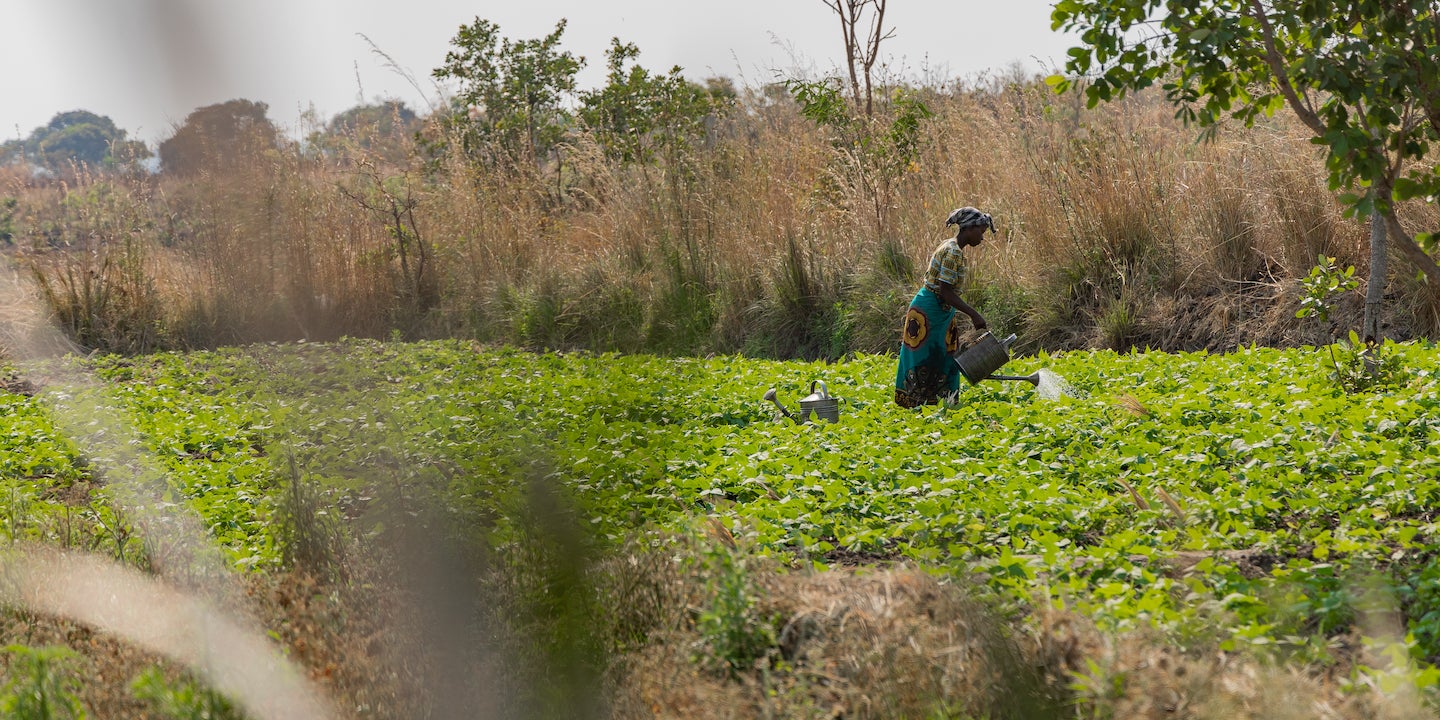“So, God created humankind in his image, in the image of God he created them; male and female he created them. God blessed them, and God said to them, “Be fruitful and multiply, and fill the earth and subdue it; and have dominion over the fish of the sea and over the birds of the air and over every living thing that moves upon the earth.”
(Genesis 1:27-28)
People were given the task of stewarding the earth’s resources by God.
A consequence we see in Genesis of being created in God’s image is that we are to “have dominion over…the earth” (Gen. 1:26). We exert dominion over the created universe knowing that we are reflecting God. We are not the originals, but the images, and it is our responsibility to follow the original—God—rather than ourselves.
As a result, God’s use of the words ‘subdue’ and ‘dominion’ in Genesis 1 does not authorise us to trample all over His creation. Quite the opposite, in fact. We are to act as if we, too, have the same loving relationship with Creation as God does. Subduing the earth entails both harnessing and protecting its diverse resources – in other words, living with sustainability in mind. Dominion over all living creatures is a contract from God to care for them, not a license to mistreat them.
Today, we are acutely aware of how the pursuit of human self-interest endangers the natural world. The Garden was supposed to be tended to and cared for by us (Gen 2:15). Creation was made for our benefit, but not solely for our benefit. We are intended to nurture and conserve the environment by remembering that the air, water, soil, plants, and animals are all good (Gen 1:4-31). Our actions have the potential to either protect or degrade the clean air, water, land, biodiversity, ecosystems, and biomes, and even the climate that God has blessed His world with. Dominion refers to the ability to work for God’s creation (sustainability) rather than against it.
Sustainability – Biblical Stewardship Over Creation
In the book of Numbers, we see a great illustration of God’s explicit instructions regarding stewardship. The Levite tribe is instructed in Numbers 35 to establish communities throughout the Promised Land. The amount of pastureland that each town should have was detailed in Numbers 35:2–5. The grazing area was to spread forth a thousand cubits (approximately 1500 feet) in each direction, starting at the outside of town.
“You shall measure, outside the town, for the east side two thousand cubits, for the south side two thousand cubits, for the west side two thousand cubits, and for the north side two thousand cubits, with the town in the middle” (Num. 35:5). This layout was a very realistic exercise in town planning.
God took the time to teach Moses about civic planning based on semi-geometrical pastureland growth. Numbers 35 exemplifies God’s meticulous attention to facilitating work that supports people and generates economic prosperity. This implies that to handle the earth’s resources efficiently and sustainably, excellence and knowledge are necessary today.
As you step out into today’s “fields”, are you stewarding what God has given you with excellence, with wisdom, and with the understanding that God has given this to you to grow and make sustainable for HIS Kingdom? Are you relying on the help of the Gift Giver or are you merely hoping for the best?

